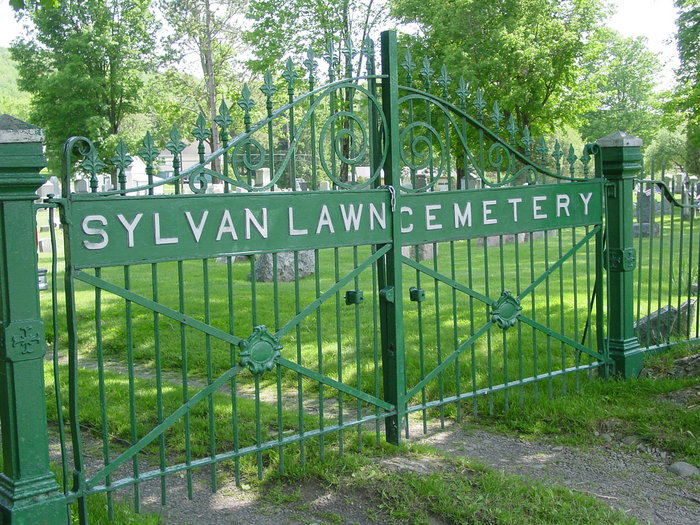- no famines, like we had in India and China during my lifetime
- progress in development--see Hans Rosling's presentations and books. Back in the 50's and 6's the issue was how the Third World would do. As it's turned out, it has done a lot better than we thought at points during the last 50 years, doing so in different ways than the conventional wisdom believed.
- technology has opened the flow of information
- in the US, LBJ's civil rights and Great Society legislation, aided by steps taken by later presidents, has changed the social landscape. For all the continuing problems we have made great progress.
- peace--despite our participation in wars in the 21st century, the Cold War is dead and buried.
- health and safety--we've lengthened our life span and made life better even for those living longer.
I could go on, but my bottom line is I prefer living today to the past.



